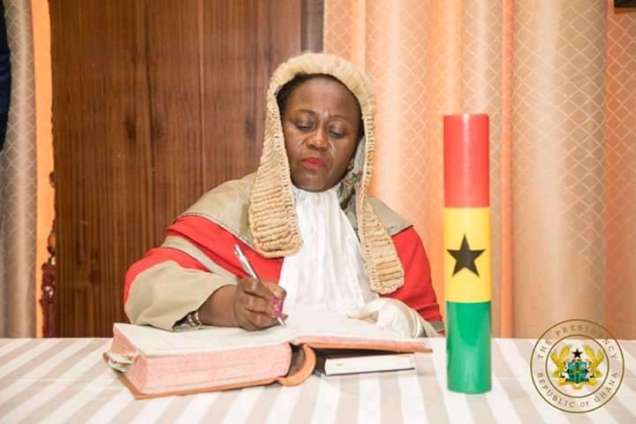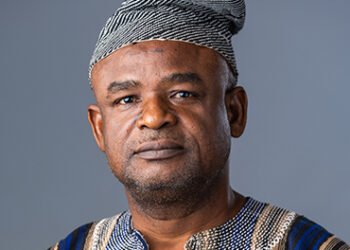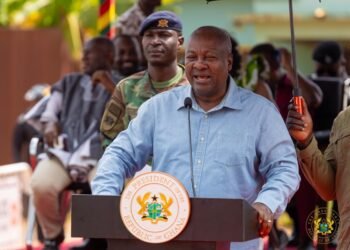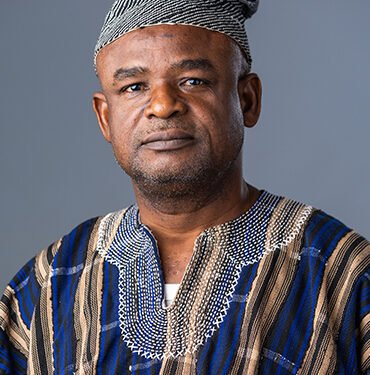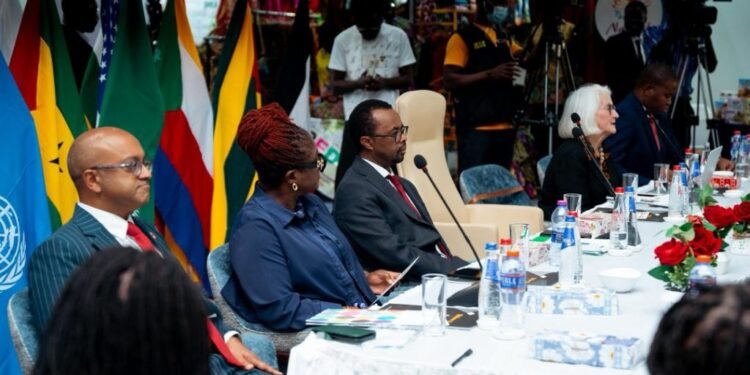Prof. Stephen Kwaku Asare, a respected legal expert and Democracy and Development Fellow at CDD-Ghana, has criticized what he describes as deep-seated hypocrisy in Ghana’s political and legal discourse surrounding the recent removal of the Chief Justice.
According to him, the sharp contrast in reactions between the unconstitutional removal of the Auditor-General and the constitutional removal of the Chief Justice exposes a troubling lack of consistency in defending the rule of law.
In a strongly worded statement, Prof. Asare highlighted how individuals who openly supported the illegal ouster of the Auditor-General are now vocally condemning the lawful process that led to the removal of the Chief Justice.
He said this contradiction reflects a dangerous prioritization of political expediency over constitutional principles.
“By this, GOGO [is] only suggesting that there is a serious problem if you find nothing wrong with unconstitutionality but find everything wrong with constitutionality. That is not principle; it is partisanship.”
Prof. Stephen Kwaku Asare
According to him, this erodes the integrity of Ghana’s democratic institutions.
The Hypocrisy of Double Standards
Prof. Asare pointed out that some individuals are deliberately twisting the narrative by implying that those who opposed the unconstitutional removal of the Auditor-General are obligated to also oppose the constitutional removal of the Chief Justice.
He dismissed this line of reasoning as illogical and regressive, arguing that it unfairly equates two fundamentally different situations — one unlawful and the other lawful — in a way that undermines rational debate and constitutional principles.
According to him, this so-called “flip” is deeply flawed and dangerous because it equates a lawful act with an unlawful one.
He stressed that condemning unconstitutionality while supporting constitutionality is not contradictory but rather the very essence of upholding democratic principles.

“Think of it this way: if you praise an armed robbery but condemn someone who lawfully earns their income, you have abandoned principle.
“The response cannot be, ‘Oh, but you too praised someone who lawfully earned their income, so why didn’t you also praise the armed robbery?’”
Prof. Stephen Kwaku Asare
According to him, this kind of reasoning is not only deeply flawed but also harmful to constructive political discourse.
He explained that equating unconstitutional actions with constitutional ones creates confusion among the public and erodes trust in democratic processes.
By blurring the lines between what is lawful and what is not, such arguments fuel partisanship and prevent citizens from holding leaders accountable based on principle rather than political loyalty.
This, he warned, ultimately weakens the very foundation of governance and the rule of law.
Defending Constitutional Integrity
Prof. Asare emphasized that the inconsistency in reactions to these two events reveals a troubling reality: many actors in Ghana’s political space are more concerned with gaining partisan advantage than protecting constitutional integrity.
The legal scholar described this mindset as ridiculous, noting that it treats constitutionality and unconstitutionality as if they must be judged by the same standard.
This, he warned, poses a significant threat to Ghana’s democracy, as it undermines the very foundation upon which the rule of law is built.
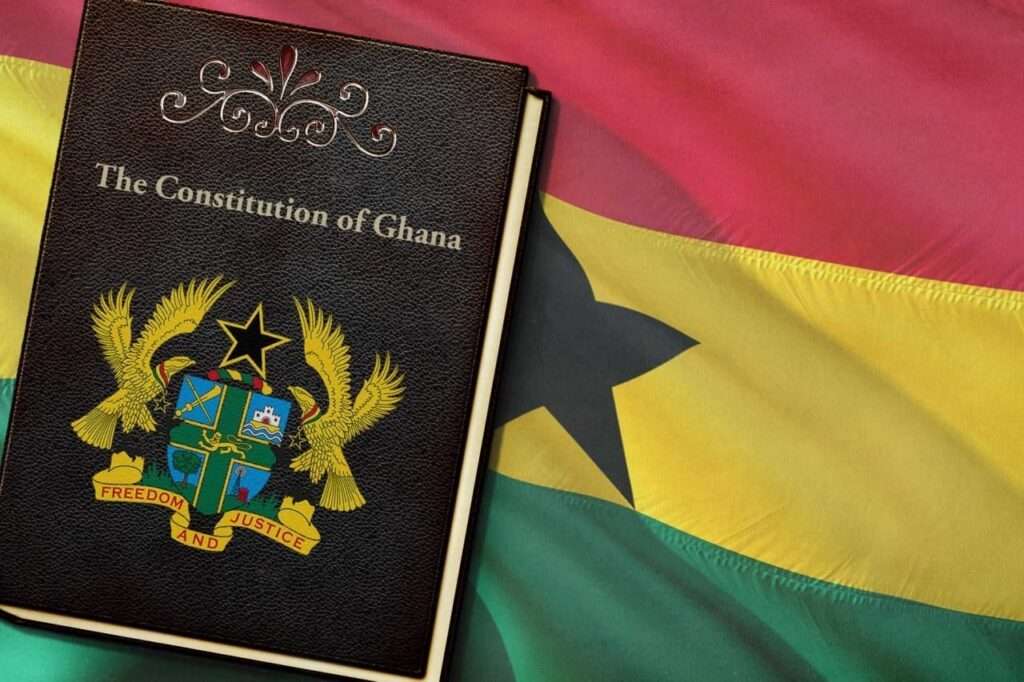
“The test is simple: if you see nothing wrong with unconstitutionality but everything wrong with constitutionality, then the principle has been abandoned.”
Prof. Stephen Kwaku Asare
Prof. Asare urged Ghanaians to rise above partisan politics and embrace a consistent standard in evaluating government actions.
He noted that when political actors selectively apply constitutional principles, it not only weakens the judiciary but also erodes public trust in governance.
Upholding the Rule of Law Amid Chief Justice Controversy
Prof. Asare concluded by reminding citizens and leaders alike that defending the Constitution requires consistency and courage, even when it goes against personal or partisan interests.
He stressed that Ghana’s democratic stability depends on people being willing to condemn violations of the Constitution regardless of which political party is responsible.

The legal expert called on all stakeholders to commit to supporting actions that uphold the Constitution while opposing those that seek to undermine it.
According to him, the health of Ghana’s democracy depends on this unwavering commitment to principle over politics.
He ended his statement with a clear message: true leadership is demonstrated not through convenient alliances or selective outrage but through a steadfast dedication to the rule of law.
In his words, the path forward is clear: Ghanaians must reject hypocrisy and demand accountability, ensuring that the Constitution remains the ultimate guide in matters of governance and justice.
READ ALSO: 26 Countries Pledge Troops As Reassurance Force For Ukraine

